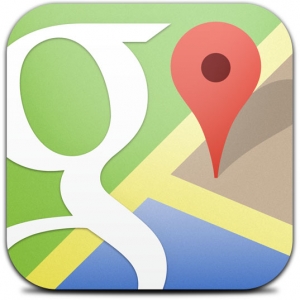Whilst Google’s intention to offer a new wireless service to its customers is planned to operate initially on a significantly smaller scale than established competitors such as Verizon and AT&T (in the USA), the implications are still enormous.
Google revealed at the beginning of March that it would soon be “experimenting” with wireless services and how their customers may be able to use  them. Whilst this may seem like a fairly innocuous first step, Google experiments have ultimately often found a way of becoming something far bigger and this is something that should be kept in mind when Google starts dabbling with something that may impact the infrastructure that drives the internet.
them. Whilst this may seem like a fairly innocuous first step, Google experiments have ultimately often found a way of becoming something far bigger and this is something that should be kept in mind when Google starts dabbling with something that may impact the infrastructure that drives the internet.
The Wall Street Journal reported the following:
“However small Google’s entry, the move by the creative and well-capitalized technology company is likely to send ripples through a business long controlled by Verizon Communications Inc., AT&T Inc., Sprint Corp. and T-Mobile US Inc.”
“It is a strong signal that Google’s ambitions extend beyond selling advertising and services over the Internet to influencing how Internet access is delivered.”
For more on this story, please check out the following link – http://www.wsj.com/articles/google-confirms-plan-to-offer-wireless-service-1425308552
Expanding Coverage
As time passes by, there is every chance that Google may look to expand the scope of its ambitions as a wireless carrier, in a similar fashion to the work it has done with Google Fiber (it’s super high speed landline internet service).
However, perhaps a more important point here is that there is a strong possibility that Google’s experiments, may help to push the rest of the market in the same direction. The market is already moving this way thanks to other notable tech names, including mobile carrier T-Mobile, mobile chipmaker Qualcomm, and serial Silicon Valley inventor Steve Perlman, who recently unveiled a faster breed of wireless network known as pCell.
Initial Goals
Initially, Google has said that its goals are to create effective ways for phones to more easily move between cellular networks and WiFi connections,  possibly even offering the ability to juggle calls between the two.
possibly even offering the ability to juggle calls between the two.
Other companies such as T-Mobile and Qualcomm, are thought to be working on similar services but with the leverage of Google’s own Android mobile operating system and general internet clout, Google has the ability to push things significantly further than many of its competitors.
Eventually, Google may even drive the market towards new kinds of wireless networks altogether, networks that provide connections when you don’t have cellular or Wi-Fi—or that significantly boost the speed of your cellular connection. Exciting times are certain to be ahead.
Despite the fact that Google’s initial steps into wireless technology are focused on the USA, if successful, it can only be a matter of time before they turn their attention to other areas of the world and the UK is sure to be near the top of the list.
For more information about how Google may be able to assist your business, please contact us on Tel. No. 01883 372488.

